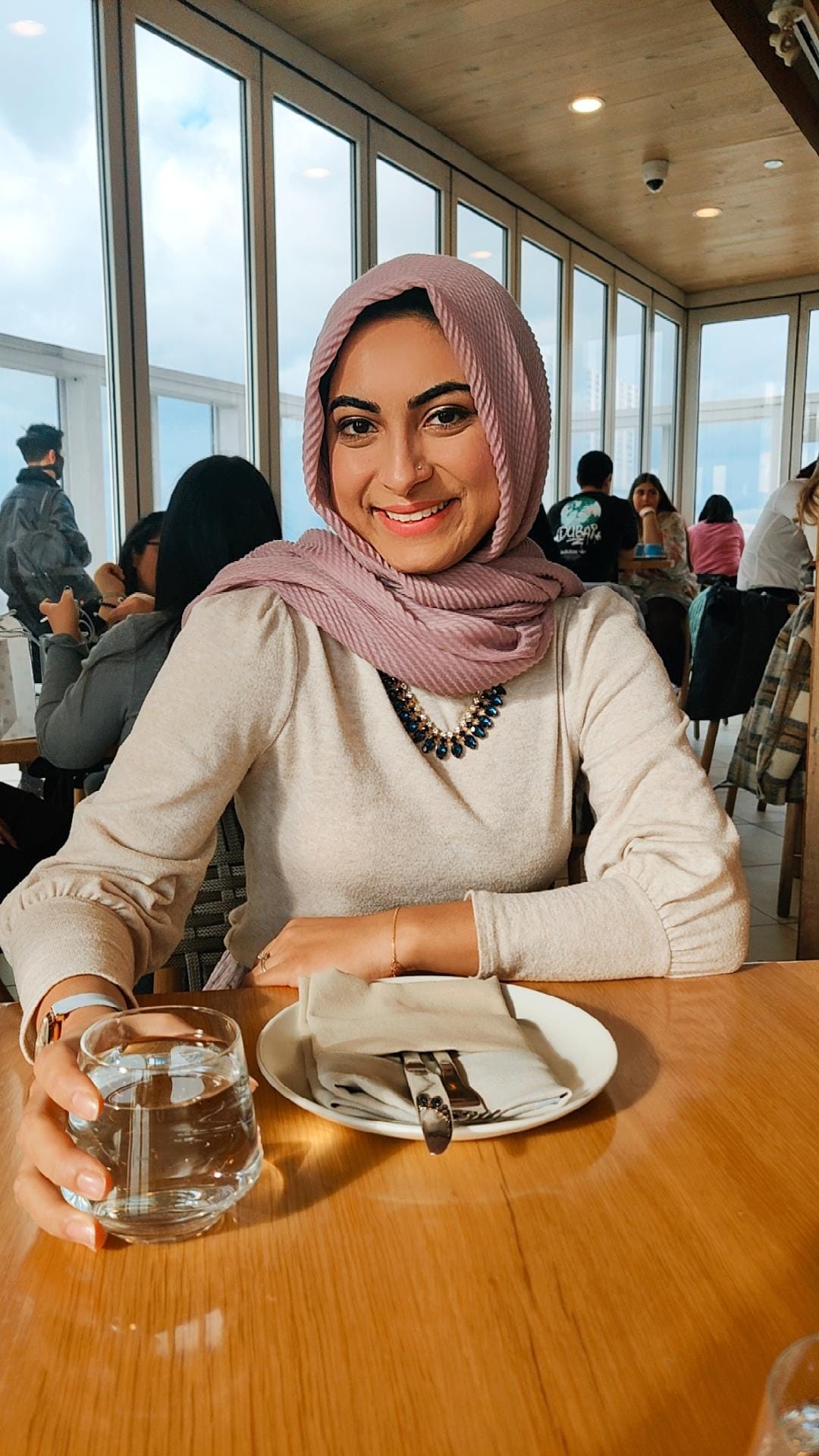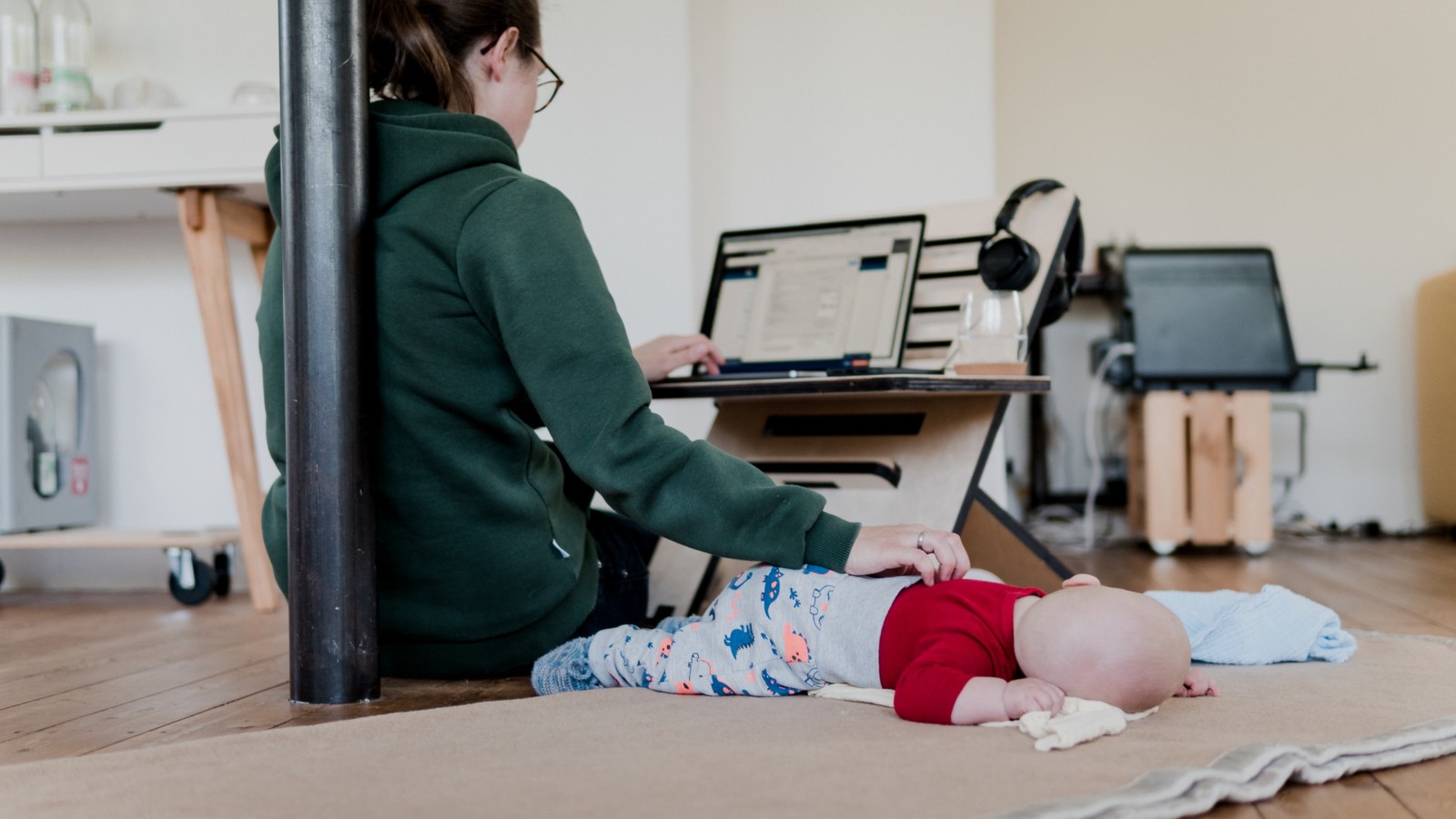I recently returned to work after the end of my maternity leave, excited to be embarking upon a part-time job in my field that could enable me to achieve the highly coveted “work-life balance” that many mothers crave. I thought I had it all: a flexible schedule that allowed me to work mostly from home, a steady income that would help contribute to the household and my daughter’s expenses, the opportunity to stay engaged in my field and feel stimulated and productive, and both sets of parents (mine and my husband’s) available to babysit. My elation lasted for less than three months before I decided to call it quits. What I had once embraced eagerly soon became something I dreaded and simply tolerated under the delusion of feigned gratitude. My relationship with my manager became strained and overbearing, my work environment became more and more stressful, and the limited mental and emotional capacity I had remaining for my loved ones became inundated with frustration, guilt, and a constant feeling of lack. As a result, I was happy to leave my job. So why did I feel a void? Why did I feel so inadequate?
In a conversation with a friend and mentor, I was pressed to pursue the question: What does it mean to fulfill my fullest potential? I once envisioned achieving my fullest potential as being able to lead that coveted “balanced life”, between working, attending to my daughter’s needs, being a wife, being there for my parents, and occupying a space for myself to explore my own interests, passions, and hobbies. I soon realized this was an elusive idea, at least for the present time. Being given the opportunity to work part-time and receive help from grandparents who babysat my daughter with joy did not afford me that balance. In fact, I was thrown completely off balance in all areas of my life. Perhaps it would have come if I had “the right job”, or a more supportive manager, or a sleep-trained child… or something else that was just beyond my reach. It became clear to me that I was leading myself down a slippery slope of attempting to control my circumstances rather than controlling how I would navigate them. I was constantly searching for something from my external environment to derive that peace of mind and provide me with the validation that I was doing my best and truly achieving my fullest potential.
During this period as I continue to mull over what it means to me to fulfill my fullest potential, I am beginning to view it more as creating a space and achieving a state of mind that is conducive to truly appreciating and maximizing the joy that I intentionally derive from the many blessings around and within me. Today, achieving my fullest potential means to utilize and hone my existing skills within my existing circumstances, while also seeking out opportunities to develop new skills. This can be through embodying the patience and presence needed to foster a rewarding and successful relationship with my daughter, parents, husband, or friends; through giving back to others with my time, energy and creativity; through maintaining a healthy mind and body; or through exploring new avenues to gain knowledge and learn through others.
What lies beyond this will come, sooner or later. When it does, I hope to have the acuity to recognize it as yet another avenue, of the many, through which I can continue to live up to my fullest potential.


